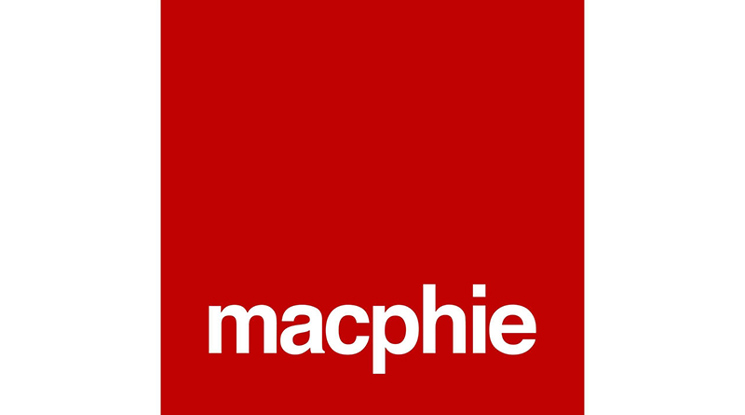Case Study: Macphie
Macphie's commitment to family values is at the heart of helping them achieve sales of £60m.
This case study is brought to you in association with Burness Paull.
Can you give us an insight into how Macphie has grown and changed over the years, and what has driven that?
Two things have been really key. Innovation and a rock-solid commitment to family values have always been at the heart of the company. That has always encouraged a very forward-looking ethos, with decisions made for long-term benefit. Diversification has always been pursued to ensure we stay ahead of the game and we can react quickly to any shifts in the market. Maintaining our values has been important too, it has helped retain both loyal clients and staff which has been vital to helping us grow over many years. That approach to fair dealing in every part of the business is something we refuse to compromise and indeed wish to build on all the time. Achieving the scale we now have with sales of £60m today, having originally been a very small family business, would simply not have been possible without the efforts of so many of our people.
Has sustainability always been at the heart of the business, or is it a more recent shift?
It really has been an integral feature of the company for a very long time. In 1974 we began treating the effluent produced on the farm so it could be put to use in a sustainable way. Ever since there has been a constant push to ensure we minimise the impact we have as a business on our environment. We’ve not always got it 100% right, but it’s always been high on our agenda. For example, in around 2008 our heat and power bill shot up due to the energy crisis and hit nearly £1million. That got us thinking about renewable energy options like biomass and turbines. We looked at installing a combined heat and power plant based on schemes in Denmark and Switzerland, but joining all the dots was a real issue at the time. Getting buy-in from local authorities and third-party suppliers to make it work was an issue. Sourcing funding was also a challenge in the early days too, so we had to be really creative in our approach to getting backing in our bid to be more sustainable. In 2009 we received a Forestry grant and installed a 1.2Mw biomass boiler to produce steam to cook food. In 2014 we installed wind turbines at Glenbervie to provide power for the factory and feed into the national grid. Now we are 100% renewable energy-powered – with about 70% coming from our own infrastructure and systems. We have also been very proactive in trying to reduce plastic waste, and we’re constantly trying to chip away at all aspects of our footprint across both our farmland and manufacturing.
Which sustainability initiatives at Macphie are you most proud of?
There are many, but possibly the biggest ongoing project is being one of the first UK companies to gain B Corp certification in 2015. It all started when an opportunity arose to work with Unilever. They were really keen to understand our CSR strategy before they gave us any business. It was them who suggested gaining B Corp status would be a very good idea if we wanted to work with their brands like Ben & Jerry’s, who placed a very high degree of importance on sustainability. Frankly up until that point I’d never heard it mentioned in UK business circles, but we took their advice and became one of the first 50 or 60 companies in the UK to achieve it. However, it is hard to achieve B Corp and maintain it. The assessment is rigorous and leaves no stone unturned, but the topics it addresses are incredibly relevant and gives our customers the confidence that we don’t just talk the talk when it comes to doing the right thing for the people and places around us. It provides a structure to hold people within the business to account, and very much open doors to new opportunities from a new business point of view, attracting like-minded business partners. I firmly believe B Corp should be the required standard companies are held to in the next five to ten years from a sustainability standpoint.
Do you think governments are getting it right in terms of policies and support for sustainability?
There has certainly been some positive progress in recent years in terms of the innovative technology being produced by the private sector, which is becoming more efficient and cost-effective all the time. The right noises have been made in political and legislative circles, but the reality on the ground is somewhat different. For example if we could store more of the energy we produce we could use more of it, but storage technology is not quite there and neither is the financial support to kick start it as far as I can see. We have also been looking at options around using hydrogen for heating purposes, but the finance and regulatory support is not there yet for that either. That impetus has to come from government and the banks being much more forward-thinking and helping those who wish to invest for the long-term.
Read more of the Burness Paull Tales from the Larder series here.
